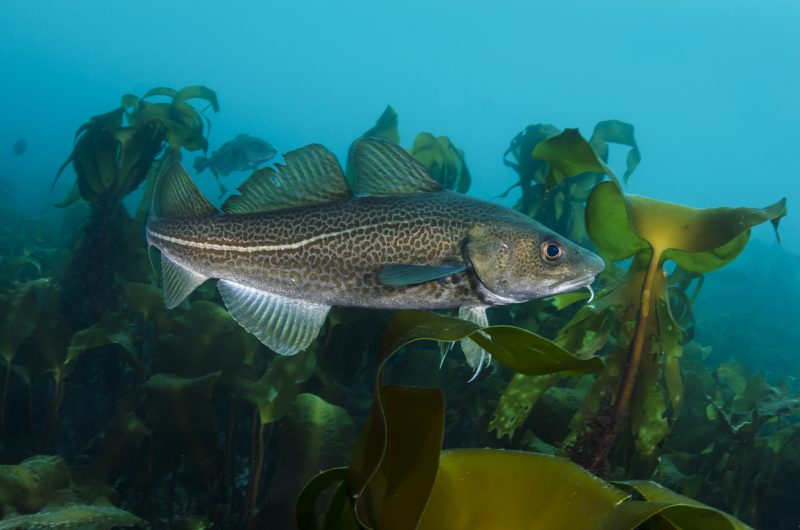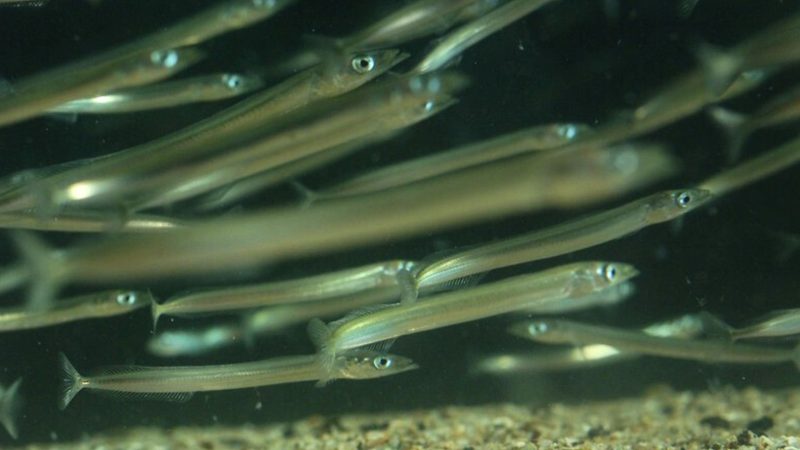More than $83 billion (£54bn) is lost to the world economy every year because of the wasteful and inefficient ways the oceans are fished, the World Bank has found.
It represents a slight improvement on 2004 when the annual figure is estimated to have been $87bn (£56.7bn), but it still represents a “huge” sum that is lost because of overfishing, illegal fishing and other damaging practices.
The figure, which is to be published later this year in a World Bank report on fisheries, was released alongside other research that suggests the quantity of fish in the oceans would be boosted by more than a third if fishing was carried out sustainably.
The World Bank revealed its finding alongside a series of reports released in Lisbon, Portugal, as ministers from around the world met to discuss the marine economy.
Managing the oceans sustainably, researchers concluded, would enable profits for the fishing industry to rise by as much as $80 billion a year and an extra 12 million tonnes of seafood would be caught. Fisheries recovery could be achieved within an average of nine years.
However, failure to address the issue of a third of the world’s fisheries being “in trouble” today would, researchers warned, lead to further declines in the number of fish.
The World Bank calculated the loss of income caused by overfishing and other issues that damage fish stocks as a follow-up to its Sunken Billions report in 2008 when it estimated the future for 2004 to be $50b.
In its forthcoming Sunken Billions II report it estimates that in 2012 loss income reached $83b. It also updates the original $50b figure to $87b to make it comparable to 2012 prices and to take into account new methodology.
Professor Ragnar Arnason, of the University of Iceland, carried out the research for the World Bank and observed there was a “slight improvement” from 2004 to 2012 but added: “The progress hasn’t been great. It’s very slow.
“If we continue in the same way it will take between 50 and 100 years to reach the optimal level for the global fisheries.
“It’s a huge amount of funds that are being wasted through inefficient fisheries management and fisheries practice.”
Charles Clover, Chairman of BLUE, who is at the World Oceans summit in Lisbon, said: “I think the positive messages from this report are what we should take away from it: it says that, if done right, fishing can be a positive force, generating more food for all.
“That means there is within as little as nine years more food and more profit if you control access to fisheries strictly and manage them according to the most precautionary science – not less, which seems to be common assumption.”
In the series of newly published reports on the importance of fishing to the ‘blue economy’ researchers considered how efficient fisheries management can help to reduce global poverty, increase food production, revitalise fish stocks and protect the health of the oceans.
“The data reveal a stark choice: manage fisheries sustainably and realize the tremendous potential of the world’s oceans; or allow “business as usual” to continue to draw down the natural capital of our oceans,” the researchers concluded in the synthesis report, Ocean Prosperity Roadmap: Fisheries and Beyond.
Dr Chris Costello, of the University of California at Santa Barbara, said that data from 4,373 fisheries representing 77 per cent of the global catch showed that if all were operated sustainably catches would rise by 14 per cent, 12 million tonnes, while profitability would rise by 168 per cent, $74 billion.
The quantity of fish in the seas, he concluded, would rise by 390 million tonnes, representing a 36 per cent increase in the biomass.
“We found that conservation is a means to an end,” he said. “The way we make the most money fishing is actually to recover fish stocks.”
Some overfished stocks might take 50 years to recover, he warned, but on average the time it takes to get each fishery back to healthy levels is just nine years.
Moreover, analysis of cost benefits revealed that every country in the world would benefit by investing in better managed fisheries. “Some cost benefits ratios are 30:1, some are 2:1 but even 2:1 is a slam dunk,” he said.
Introducing marine reserves, he added, is one of a variety of techniques that would be needed to bring about improvements in the oceans: “Marine Protected Areas are one tool in the list of tools to increase the benefits of fisheries and make them more sustainable. In poorer fisheries they are often the only marine management tool that can be imposed.”


















